The Roots of Information Dominance
The roots of the Russian doctrinal push for information dominance, a goal that President Putin explicitly states in his National Security Strategy in 2009, stems from Russia’s experience in Chechnya in the late 1990s. [1] Chechens have been fighting Russians since Tsar Ivan IV built a fortress on the Caspian Sea in 1559. Tsar Alexander II seized present day Chechnya and Dagestan in 1863 at the conclusion of the Caucasian wars but no Russian has ever truly conquered the Chechen people. The Chechens have a fierce national identity and yearned for their independence. The end of the Russian Empire in 1917 provided Chechnya an opportunity to be independent again. Unfortunately, this independence was short lived. The Mountainous Republic of the Northern Caucasus only lasted four years before the newly formed Soviet Union invaded and made the country into a Soviet republic.
Joseph Stalin did everything he could to extinguish the spirit of the Chechen people, but they continued to resist assimilation. Russia deported hundreds of thousands of Chechens to other parts of the Soviet Union during World War II and brought in ethnic Russians migrants to change the ethnic makeup of the region. It didn’t make a difference. The Northern Caucasus states still wanted their independence.[2] The Chechens saw their chance to finally be free when the Soviet Union collapsed in 1991. Chechnya’s first president, Dzhokhar Dudayev, asked the new Russian President Boris Yeltsin to recognize the new republic under the terms of the Soviet constitution. Yeltsin refused, arguing that Chechnya was an incorporated territory of Russia and was never an independent state under the USSR. Chechnya also has significant oil resources that Russia was loath to part with. Yeltsin negotiated with Dudayev for several years to reunite the two countries, but this was an impossible task. The Chechen people wanted to be free and only violence could bring them back to Russia.

Dudayev was a career soldier who made for an ineffective president. His poor decisions cratered the Chechen economy and social welfare deteriorated under his leadership. The Parliament tried to check some of Dudayev’s flawed policies, but Dudayev established direct Presidential rule in 1992 and dissolved the Chechen Parliament entirely in 1993 to maintain control. His unpopularity provided Russia an opportunity to potentially remove him through covert action. A group of Chechens, supported with Russia tanks and attack helicopters, attacked Grozny in November 1994 to remove Dudayev from power. The insurrection failed, and Russian troops crossed the border that December to seize Grozny.[3]
The Chechen militia did not have the means to prevent the Russian Army from reaching their capital city. Their forces were not trained or equipped to contest a mechanized army in open combat. The fight inside the city, however, was something they were well prepared for. The Chechen guerillas were masters of urban warfare and the Russians struggled to adapt to this style of fighting. The insurgents used hit and run tactics to effectively kill Russian tanks and soldiers, while minimizing their own casualties. The Russians tried to make up for their tactical failures with increasing levels of brutality.[4] Thousands of Chechens died as Russia launched waves of bombers and rockets into Grozny. Russian soldiers also committed horrific human rights violations against Chechen soldiers and civilians alike. Stories about Russian atrocities spread like wildfire across the Muslim world and inspired thousands of foreign fighters to flock to Chechnya’s aid. The Russians killed Dudayev with a missile strike in April of 1996 but this did nothing to lessen the fervor of the resistance. Chechen militants recaptured what was left of Grozny one month after their president’s death. The Russians increased their bombing campaign, but they were ultimately unable to dislodge the Chechens from their capital city.
The Russian armed forces made a series of tactical blunders that contributed to this failure. First and foremost, the Army was entirely unprepared, untrained, and poorly equipped for urban warfare. Russian Generals underestimated their opposition and greatly overestimated the capabilities of their own forces. Units from different parts of Russia had incompatible communications equipment which made it difficult to command forces, share intelligence, and coordinate fire support. The Chechens, on the other hand, trained their militia forces to resist a mechanized invader and rehearsed battle drills in the months leading up to the battle of Grozny. They divided the city into sectors to facilitate command and control, set up tactical communications, and established human intelligence networks. They also were very familiar with Russian military technology and knew how to employ their anti-armor weapons to defeat Russian tanks. All of this gave them an edge against the Russians and largely neutralized the myriad advantages the Russian Army possessed.[5]
These tactical missteps contributed to Russia’s humiliating failure to force Chechnya into capitulation, but they weren’t the largest factors in their defeat. Russia ultimately lost the conflict because its domestic population stopped supporting the deployment of troops to that region. This would not have been a concern for the authoritarian Soviet Union, but the 1993 Constitution of the new Russian democratic republic afforded the people rights that they did not previously have. Boris Yeltsin failed to anticipate how important public opinion was to the success of his operation. The Russian people favored the invasion initially, but this changed quickly as more people died on both sides of the conflict. Russian accounts estimate that 8,000 Russian soldiers died and over 50,000 were wounded, while 80,000-130,000 Chechens died in the fighting.[6] The media made it possible for Russians to participate in this war from their living rooms and witness the horror of the Chechen war for themselves. Additionally, the Russian media refused to fall in line with their government optimistic view of the war and frequently countered their propaganda with accurate reporting. Russia was a democracy, or at least aspired to be, and President Yeltsin could not ignore the will of the Russian people. This ultimately led him to sign the Khasavyurt Peace Agreement in 1997 and withdraw troops from the region.[7]
The disastrous invasion of Chechnya did not directly lead to President Yeltsin’s resignation in 1999 but it contributed to both his unpopularity and political demise. Yeltsin faced allegations of corruption in his cabinet and the Russian economy was still reeling from a financial crisis the year before. His prime minister, Vladimir Putin, became the acting president of the Russian Federation upon his resignation. Putin was a surprising choice for such an important position. He was a relative newcomer to politics. His background was in intelligence, where he rose to the rank of Lieutenant Colonel in the KGB before leaving the organization in 1991. Putin filled a series of minor political positions before Boris Yeltsin made him the director of the Federal Security Service (FSB), the successor to the KGB in 1998. A year later Yeltsin appointed Putin the acting Prime Minister of the Russian Federation[8]. Putin was only in office for a month before he faced his first crisis. Terrorists bombed apartments in Moscow in September 1999, killing three hundred Russians and wounding over a thousand. Chechnya denied any involvement in the attacks. While the terrorists were never found, and there are indications that this was an FSB false operation, the Russian people were convinced that the Chechens were at fault. Putin called for an immediate invasion of Chechnya.
Putin was determined to avoid the mistakes of the First Chechen War. He blamed the failure of the First Chechen War on the domestic media for turning the Russian people against the war.[9] Moscow based newspapers like NTV and the state owned Russian Television (RTR) countered official government reports and exposed Russian lies.[10] The media helps hold democratic governments accountable for their actions and encourages them to become more transparent. This was not the direction that Vladimir Putin wanted to his administration. He recognized that the battle for information was just as important to its victory as military actions on the battlefield. This required more control over the media than the new Russian constitution allowed him.
President Putin officially declared the Second Chechen war to be a counter terrorism activity and not a military operation. This afforded him the legal justification to establish tight controls on all reporting regarding ‘terrorist activities’ and heavily restrict access to Chechnya for all foreign journalists.[11] Russian journalists were not easily cowed and they protested his attempts to suppress the media. This was no longer the Soviet Union after all, and their new constitution promised them certain rights. Putin soon made it clear to the media, however, that the new Russia wasn’t that different than the old Russia. Soon after becoming President in January 2000, he signed the Information Security Doctrine into law and declared that misinformation was a direct assault against Russian security.[12] This allowed Putin to incarcerate journalists who reported any unapproved information and dismantle media freedom in Russia.
President Putin restricted the number of reporters allowed in Chechnya aside from some embedded, and government approved, correspondents. This made it much easier to control the information coming out of the war. Additionally, Chechen terrorists kidnapped a dozen Russian journalists and murdered six Red Cross workers in 1997. This further discouraged the Russian media from sending correspondents to the front. This also soured their opinions on the Chechen freedom movement.[13] Putin established a Russian Information Center in 1999 to screen news releases and personally met with media leaders to remind them of their patriotic duty. He also threatened to revoke the broadcast licenses of media outlets who didn’t fall in line with government requirements.[14] These oppressive measures were very successful, and the media largely supported the government view of the war.
The Russian military flattened Grozny with artillery fire in 2000 and seized the capital city after a brutal two-month land campaign. President Putin declared victory, even though the area was far from pacified. He transferred responsibility for the campaign from the military to the FSB, who raised pro-Russian paramilitary forces to combat the Chechens. Fighting continued until 2009 but the Russian media didn’t dare to contest his version of the truth. This operation clearly demonstrated to Putin that controlling the narrative of an operation was critical to its success. [15] The real victory in the Second Chechen war did not occur on the battlefield but rather in the fight for public opinion. Wresting control of the information narrative from the press gave Putin control over the Russian public’s perception of the war. President Putin would later apply the lessons of the Chechen wars towards his influence operations in the Baltic states, the invasion of Ukraine, and the manipulation of the U.S. national elections in 2020.

Key Terrain Cyber is dedicated to the professional development of our cyber workforce and information warfare community. We offer all our programs at no cost to readers, including our professional journal, mentorship and fellowship programs, and information warfare memorial. Our team of unpaid volunteers work hard to keep this site running and appreciate any support you are willing to give us.
There are sevearal ways you can help us spark innovation, disseminate good ideas, and remember our fallen. You can donate to KTC via the paypal button or venmo graphic below and help us cover our operating costs. Buying Key Terrain Cyber merchandise from our webstore is another excellent way to show your support for our programs and look good in the process.
Interested in volunteering your time? Contact us at [email protected] if you want to learn more about becoming a volunteer, staff member, or senior fellow. Finally, you can thank our staff by using the button below to buy us a coffee or a beer.
[1] Keir, G, (2009, June) Russia’s National Security Strategy to 2020, NATO Defense College. Retrieved May 1st, 2022 from https://www.files.ethz.ch/isn/154909/RusNatSecStrategyto2020.pdf
[2] Nation, C. (Spring, 2015) Russia and the Caucasus. Partnership for Peace Consortium of Defense Academies and Security Studies Institutes https://www.jstor.org/stable/10.2307/26326394
[3] Roblin, S. (February, 2021) How Vladimir Putin Rose From the Ashes of the First Chechen War. The National Interest. https://nationalinterest.org/blog/reboot/how-vladimir-putin-rose-ashes-first-chechen-war-177927
[4] Higgins, A. (December 2019) The War that Continues to Shape Russia, 25 Years Later. The New York Times. https://www.nytimes.com/2019/12/10/world/europe/photos-chechen-war-russia.html?auth=login-google1tap&login=google1tap
[5] Oliker, O. (2001) Russia’s Chechen Wars 1994-2000. RAND https://www.rand.org/pubs/monograph_reports/MR1289.html
[6] Roblin, S. 2021
[7] Limnell, J. (2018, October). Russian cyber activities in the EU. in Hacks, Leaks, and Disruptions. Russian Cyber Strategies ed. Popescu, N. and Secrieru, S. European Union Institute for Security Studies. Retrieved April 18, 2022, from https://www.iss.europa.eu/sites/default/files/EUISSFiles/CP_148.pdf
[8] Hooper, J. (2006) Wag or Be Wagged: The Chechen Wars and the Manipulation of the Russian Presidency. Santa Clara University Journal of History. https://scholarcommons.scu.edu/cgi/viewcontent.cgi?article=1105&context=historical-perspectives
[9] Blank, S. (2017) Cyber War and Information War à la Russe from ‘Understanding Cyber Conflict: Fourteen Analogies’, ed Perkovitch, G. and Levite, A. E. Georgetown University Press. https://carnegieendowment.org/files/GUP_Perkovich_Levite_UnderstandingCyberConflict_Ch5.pdf
[10] Mickiewicz, E. (1997) Changing Channels: Television and the Struggle for Power in Russia, Oxford University Press, 1997, p. 244. https://scholars.duke.edu/display/pub1034212
[11] Soldatov, A., & Borogan, I. (2018, October). Russia’s approach to cyber: the best defence is a good offense. in Hacks, Leaks, and Disruptions. Russian Cyber Strategies ed. Popescu, N and Secrieru, S. European Union Institute for Security Studies. https://www.iss.europa.eu/sites/default/files/EUISSFiles/CP_148.pdf
[12] Lawson, S. (2016, December) Russia gets a new Information Security Doctrine. Forbes. https://www.forbes.com/sites/seanlawson/2016/12/09/russia-gets-a-new-information-security-doctrine/?sh=79d672153fc4
[13] Belin, L. (December, 2018) Russian Media Policy in the First and Second Chechen Campaigns. Oxford Press. https://bleedingheartland.com/static/media/2018/12/Belin2002conferencepaper.pdf
[14] Ibid
[15] Soldatov, A., & Borogan, I. 2018

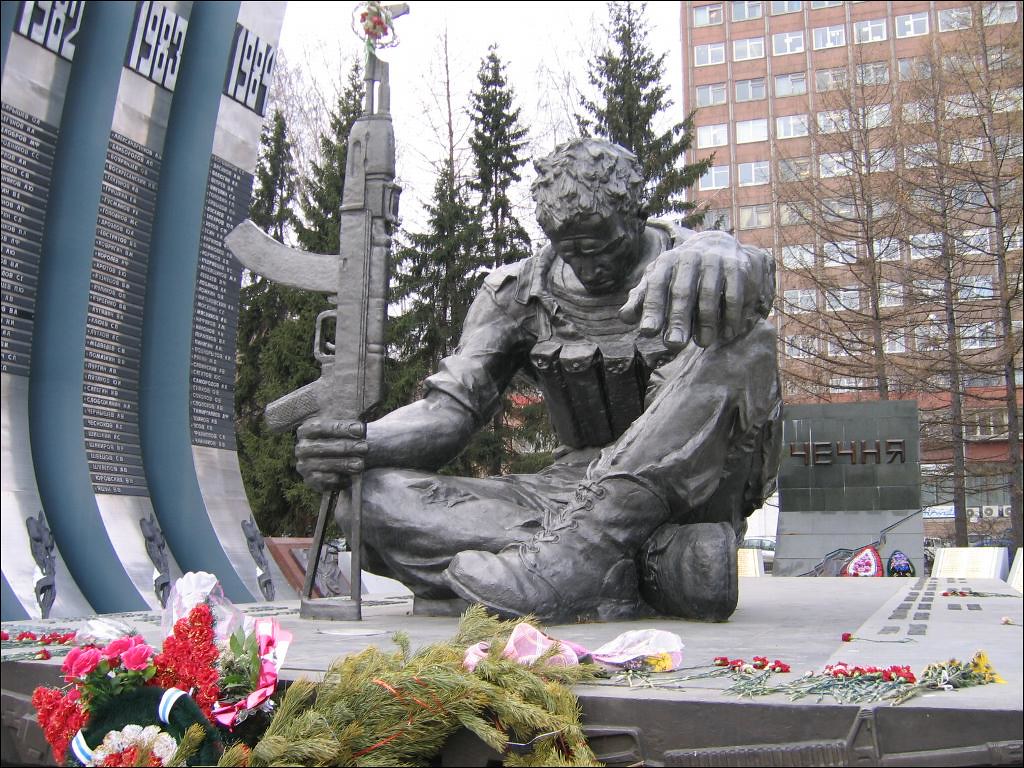

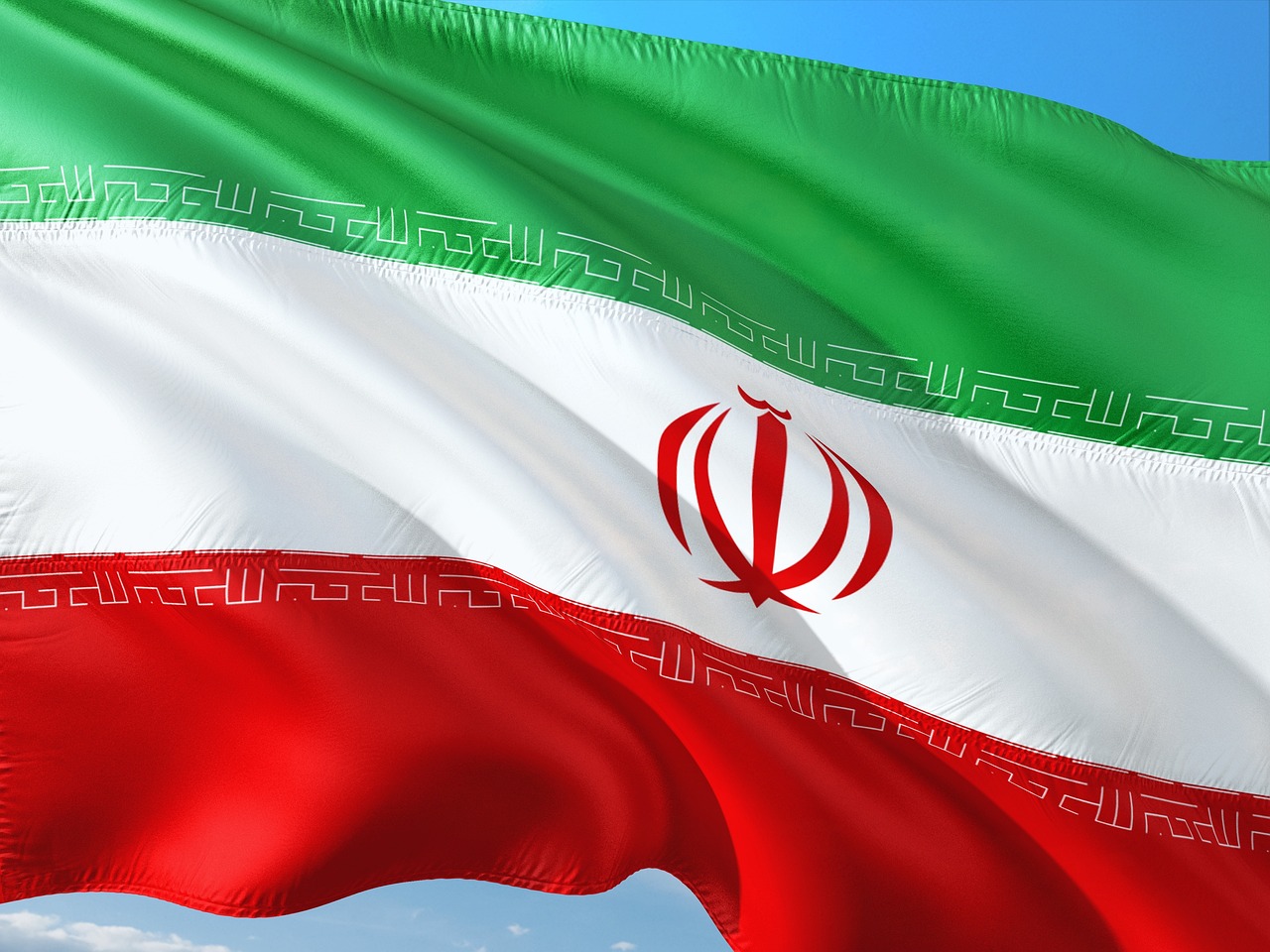
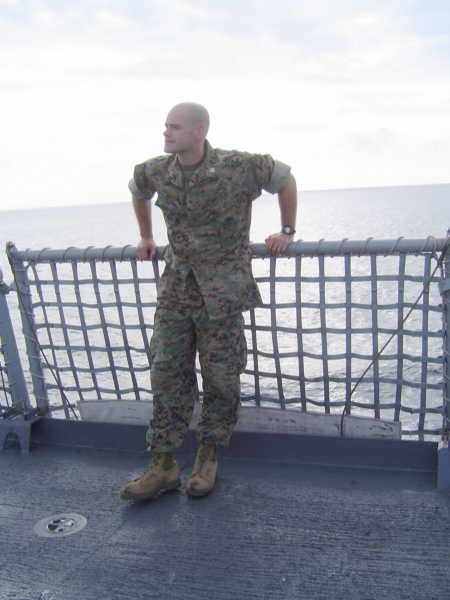
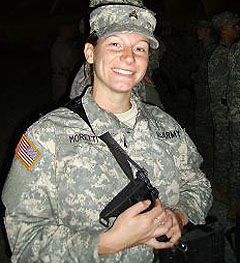
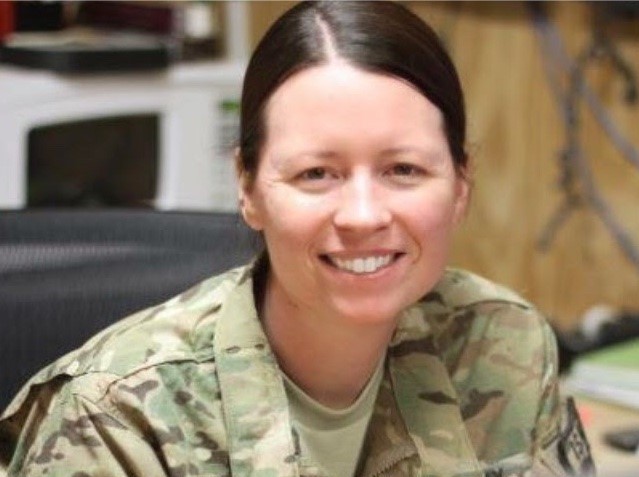
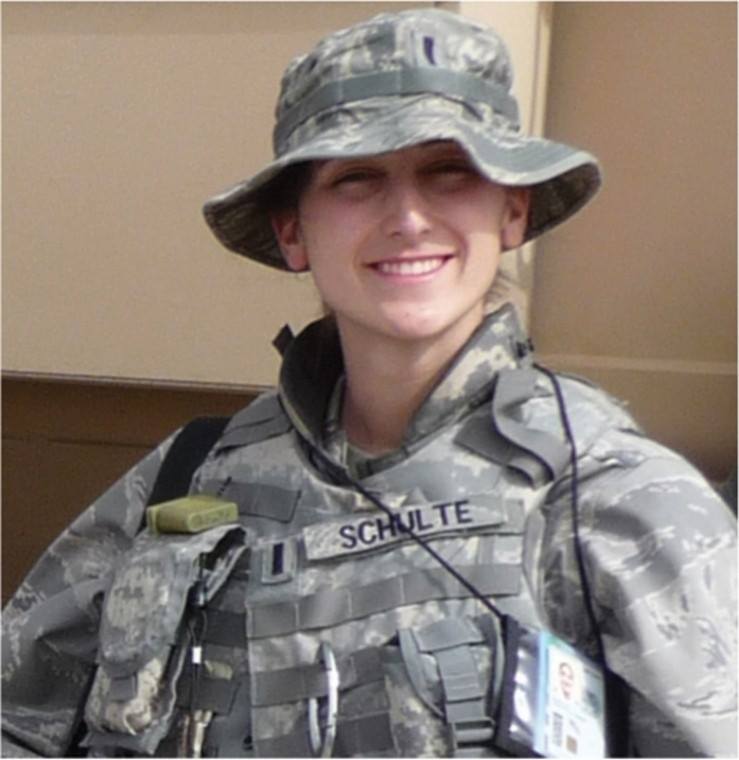
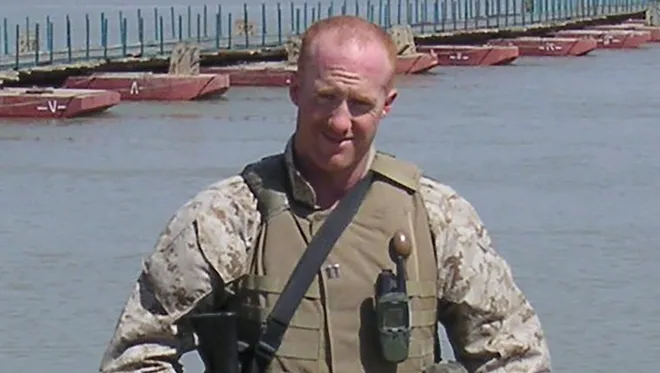
2 responses to “Russian Information Warfare in Chechnya”
A great synopsis, and a timeline I was not aware of. Interesting to see that in our present world of consecutiveness the challenges of controlling the narrative are exponential. However, what is not new are pervasive cultural beliefs. In other words, despite data that would suggest otherwise, what leaders fail to understand is the disconnect between themselves and the true sentiment of “the people”, and an overconfidence that they can somehow subjugate the same. Thus a thought for the 21st Century leader, should one consider information to control or persuade, what does it take to suppress free will? Put another way, is information supremacy a thing, or at best only superiority might be achievable.
Great points Jason. I personally think that Russia miscalculated these concepts in their latest invasion of Ukraine, particularly the resolve of the Ukrainian people, and are paying for it now.